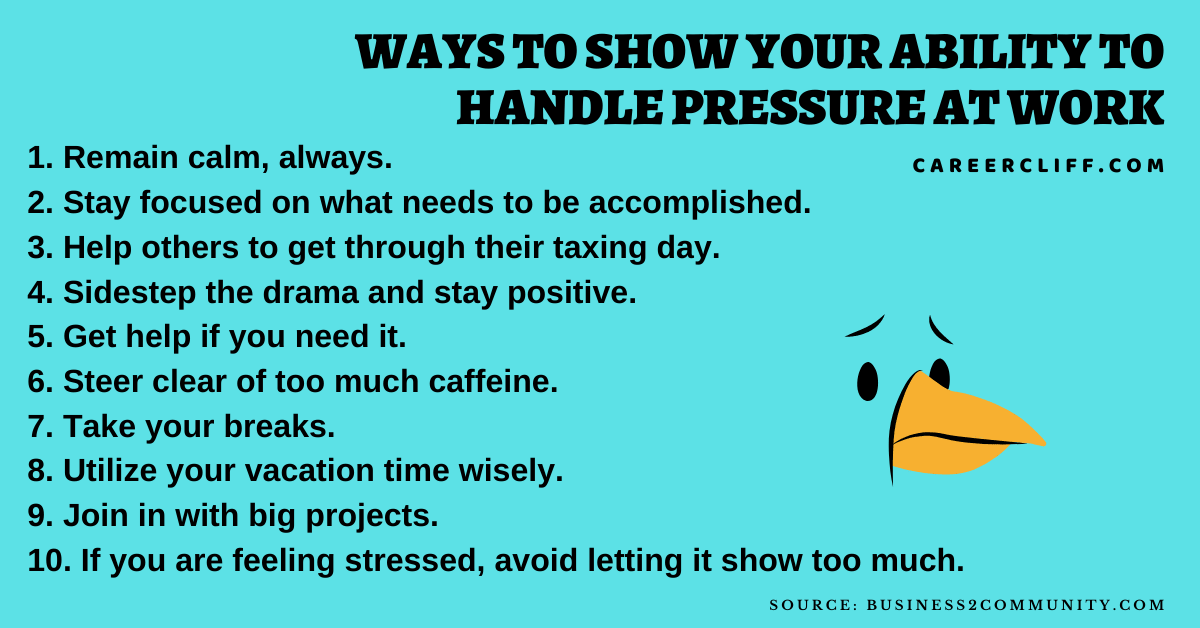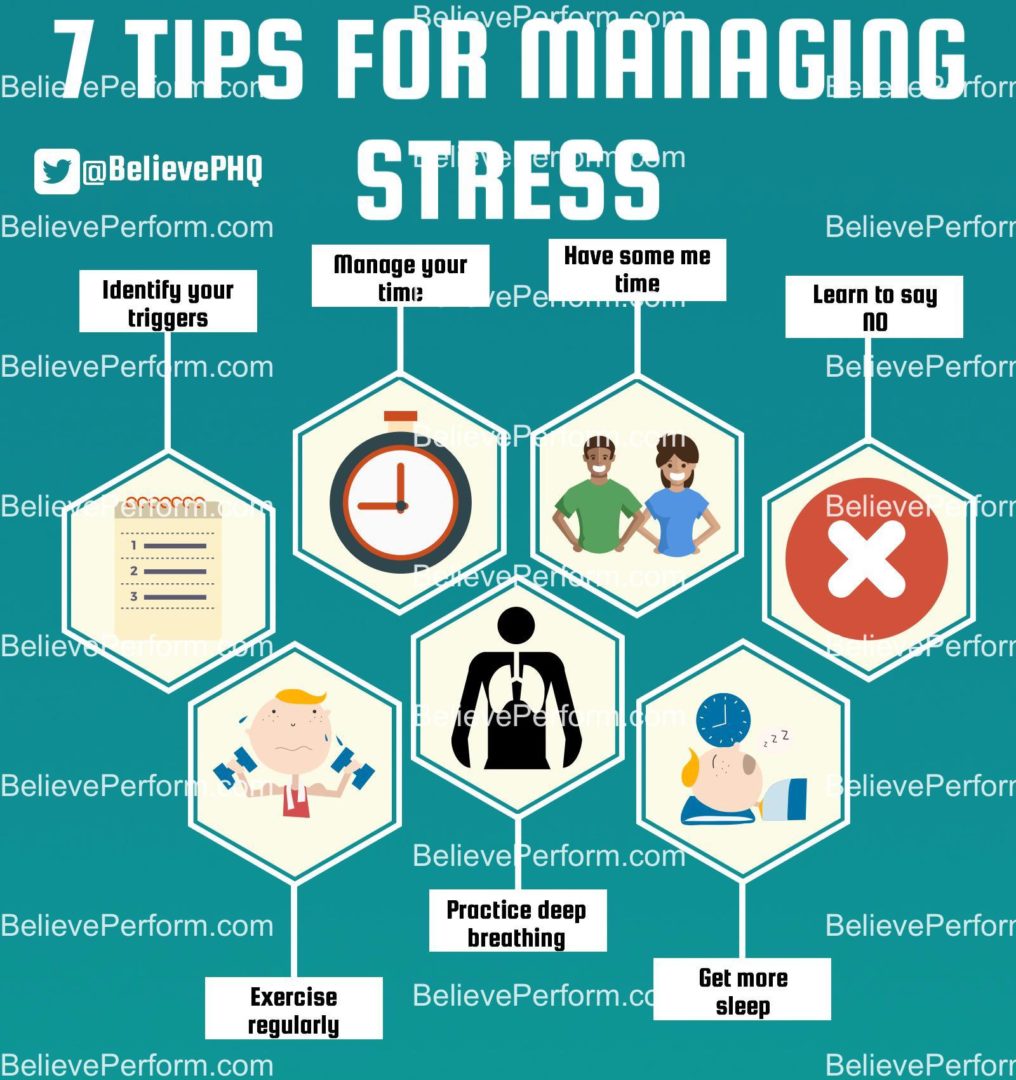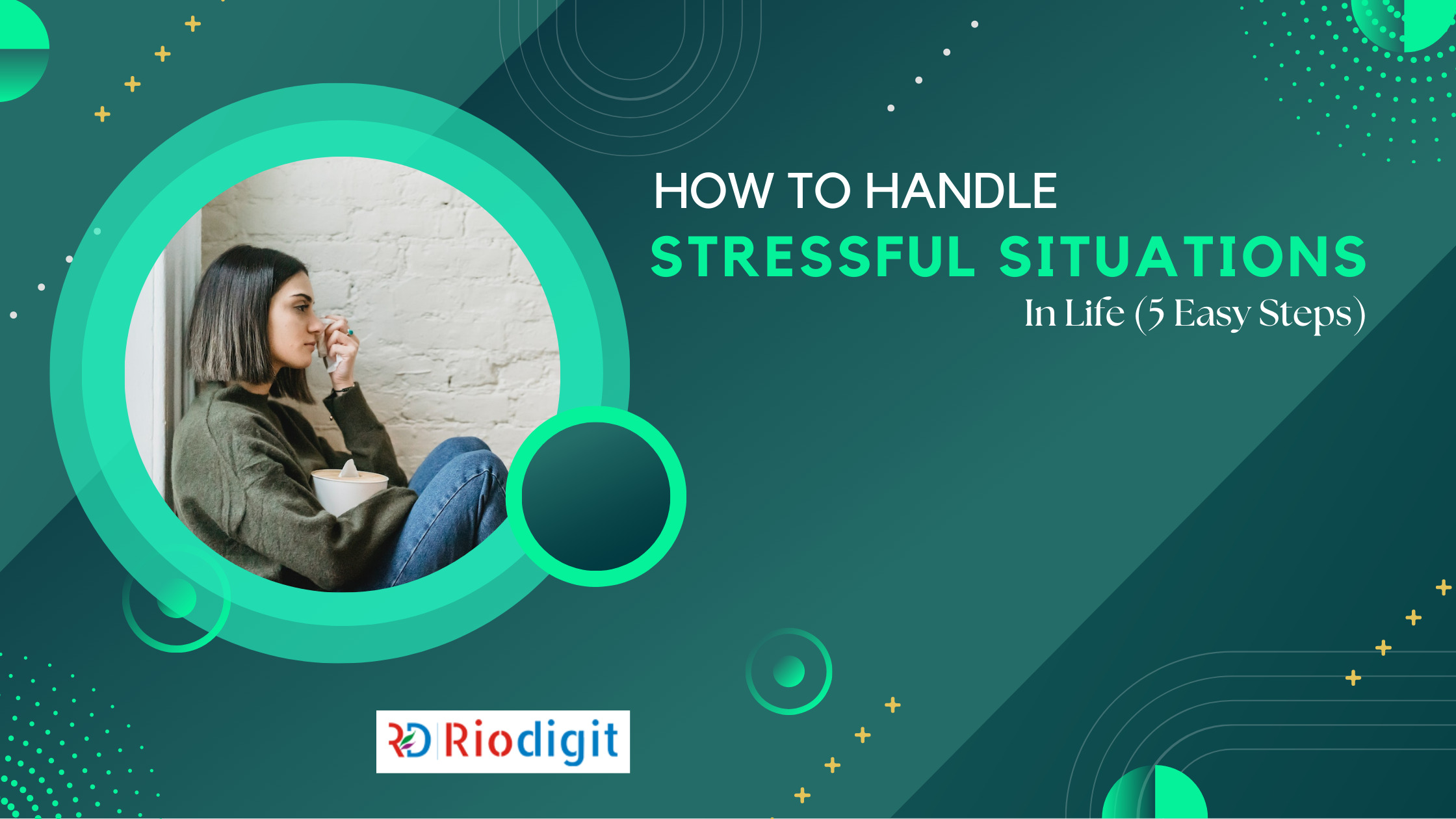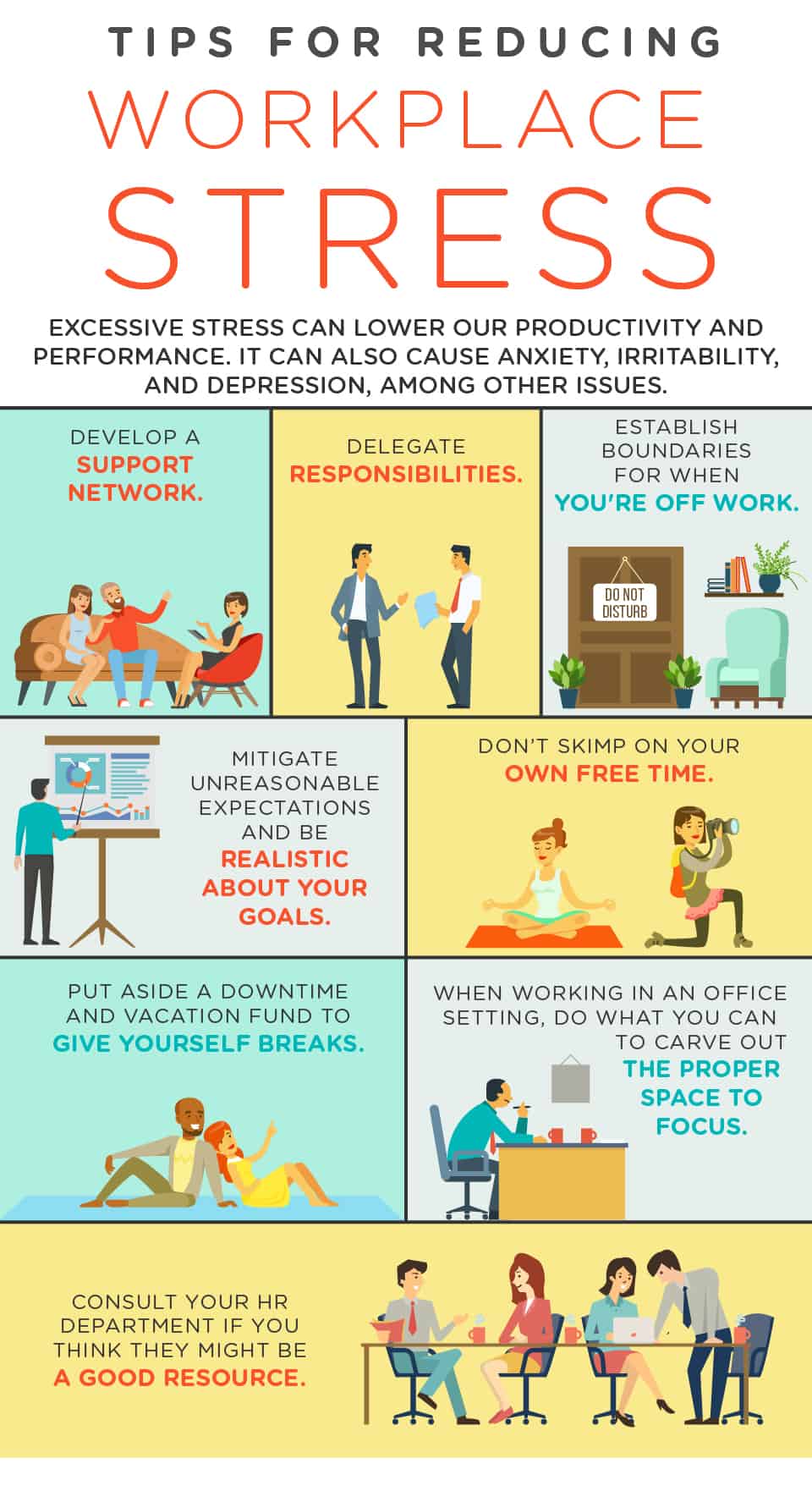Best Of The Best Info About How To Handle Stressful Situations

How to handle stressful situations:
How to handle stressful situations. Practice the 4 a's of stress management tip 4: > information and support > types of mental health problems > managing stress and building resilience stress explains what stress is, what might cause it and how it can affect you. Connect to others tip 6:
When you notice that you’re in a stressful situation, pause for a. How to handle stressful situations identify the source of your stress. You can take steps to manage work stress by sticking to a positive morning routine, getting clear on requirements at work, adopting smarter time management techniques, and other strategies outlined in this article.
Try to avoid computers, tv, cell phones and tablets before bed. Stressful situations in life are unavoidable, and it is common to feel stressed at times. A small amount of stress can be good, motivating you to perform well.
Walking, strength training, kayaking, hiking, and spin class are just a few different examples of. Identify the sources of stress in your life tip 2: This differs from anxiety, a reaction to something a person.
The first step toward handling stressful situations is to figure out what it is that. For example, two people may take on the exact same task, but only one person may find it stressful. Much of life’s stress comes from how we view the various situations we encounter.
Manage your time better tip 8: Managing your stress well can help you feel better physically and psychologically and impact your ability to perform your best. Stretch your muscles.
Try to get seven to nine hours of sleep each night. Join a gym, take a class, or exercise outside. Meditation is another valuable strategy for coping with stress.
Six steps to managing a stressful situation stop, breathe, stretch, reflect, choose, encourage stress is a normal part of life. Coping skills are the tactics that people use to deal with stressful situations. The symptoms may be physical or emotional.
Some of the keys to good stress management are building emotional strength, being in control of your situation, having a good social network, and adopting a positive outlook. Your muscles tense up under stress. If the job you’re interviewing for is extremely stressful, make sure you communicate that you’re used to dealing with stressful situations.
Emotional stress is a strong, negative response that leads to challenging emotions such as fear, anger, sadness, worry, or frustration. If stress keeps you up at night, address the cause and add extra meditation into your day to make up for the lost z’s. Pause and take a breath.


















